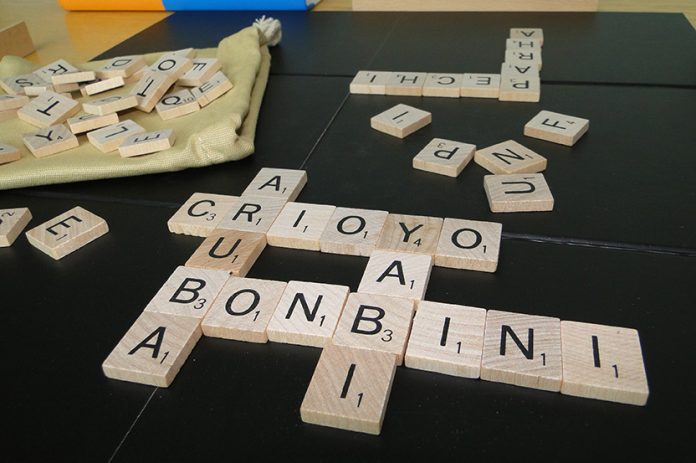On May 21, 2023, it was exactly 20 years since the Parliament approved the law that made Papiamento the official language of Aruba. This law is called “Landsverordening officiële talen” (Official Languages Ordinance). Through this law, both Papiamento and Dutch became the official languages of Aruba alongside each other.
The goal of the law
In the explanatory memorandum of the law, it is explained that the objective of this law is to formally establish that Papiamento and Dutch are the official languages of Aruba. The memorandum further emphasizes that these two languages have equal value. The law aims to promote the use of Papiamento in the government and legal sectors. It also opens the possibility for citizens to request the translation of government documents into Papiamento if they have a legitimate interest. This will encourage government departments to write bilingual documents in Papiamento.
Reason for the law
For quite some time, and especially since Aruba’s Status Aparte, there has been a growing desire to use Papiamento as a language with equal value to Dutch in all areas of the community, both spoken and written. People have become more aware of their cultural identity and the importance of language in this process. This is also explained in the explanatory memorandum of the law.
Papiamento in education
Until the 20th century, Dutch was the only language of instruction in most schools in the ABC islands. Prominent individuals have argued since the 19th century that this was not the best instructional approach. The inadequate command of Dutch among students affected their performance in other subjects, not just Dutch itself. These issues persist in education to this day. Despite over 80% of households speaking Papiamento (Pilot Census October 2019), Papiamento has not played a significant role as a language of instruction, except in the two pilot schools of the Multilingual School Project. Most students in Aruba are literate (reading and writing) in Dutch, which is a foreign language for them. Additionally, Aruba has a Dutch education system, and the value of diplomas is crucial for those who wish to pursue further studies.
The question is: How can we ensure that students have a solid foundation in their mother tongue while also providing them with the tools to continue their studies? How can we establish a continuous language pathway from early childhood education to higher education? Over the years, extensive research has been conducted on this topic, particularly regarding the language of instruction, which remains a sensitive issue. To address this problem, the Minister of Education and Sports, Mr. Endy Croes, assigned the Department of Education (DEA) the task of conducting a National Debate. This process took place from March to December 2022, involving more than 50 consultations with various stakeholders within and outside of the education sector. In December, the DEA commission responsible for the task provided a preliminary advice to the minister, and in March 2023, the final advice was delivered. The majority of stakeholders expressed the desire for students to learn four languages in school, including Papiamento, to develop their multilingual skills. Most agree that students should become literate in Papiamento and learn Dutch to a level that allows them to pursue education in Dutch at the secondary and higher levels.
Papiamento in everyday life
Although most Arubans speak an average of four languages (Papiamento, Dutch, English and Spanish), the majority of citizens on the island speak Papiamento at home and outside, often time most fluently than the other languages. Not only does Papiamento form a part of our historical and cultural development, but to some extent, our personal development as well. Our native language is one of the many aspects of our identity that connect us with the trailblazers that have come before us, with our fellow man in the present, and with the future generation of Arubans. Papiamento is ingrained in all our everyday activities, whether it be in a professional or personal setting. It is for this reason that we hold such pride for out native tongue, and continue to strive for its promotion and further development.




















